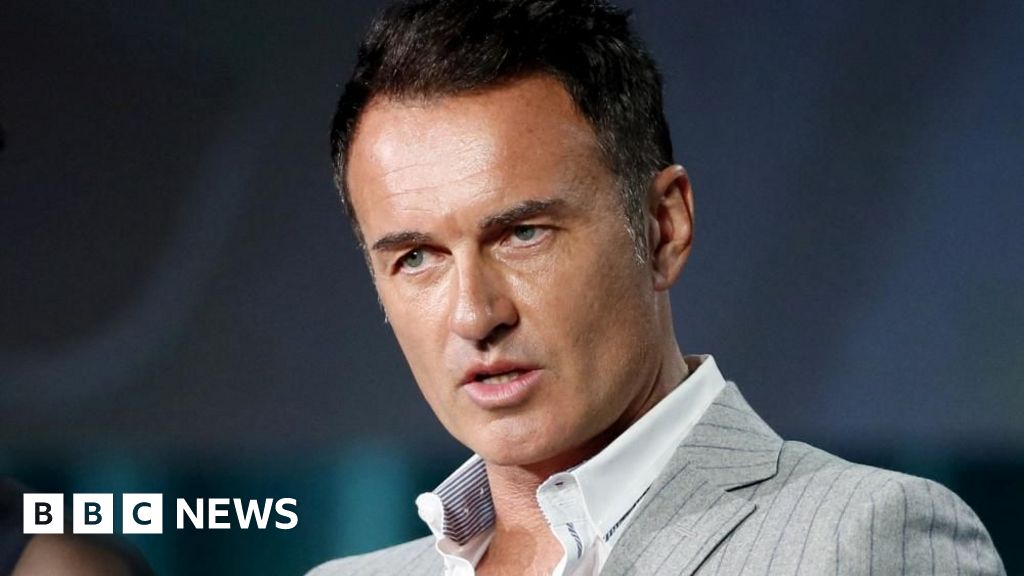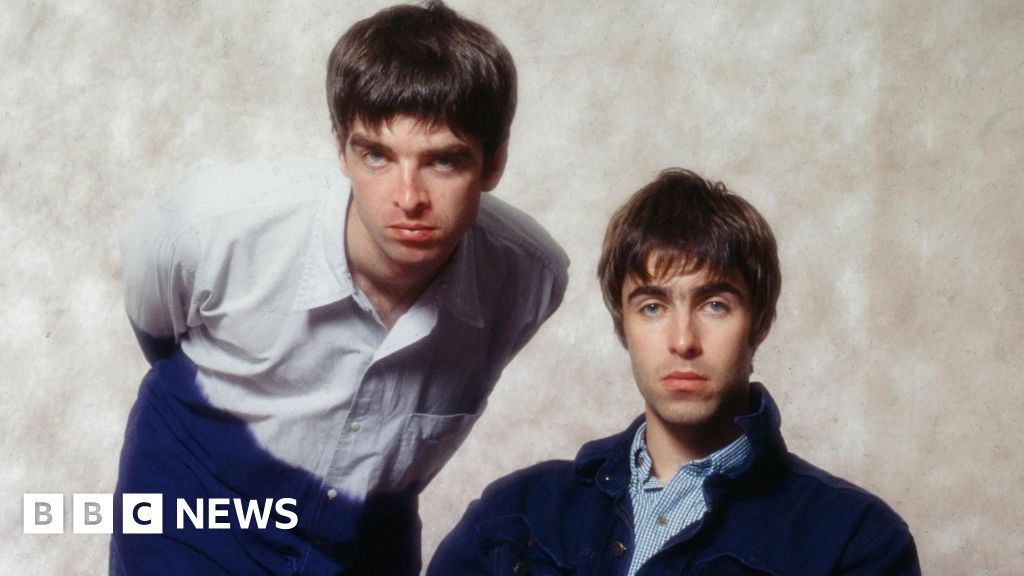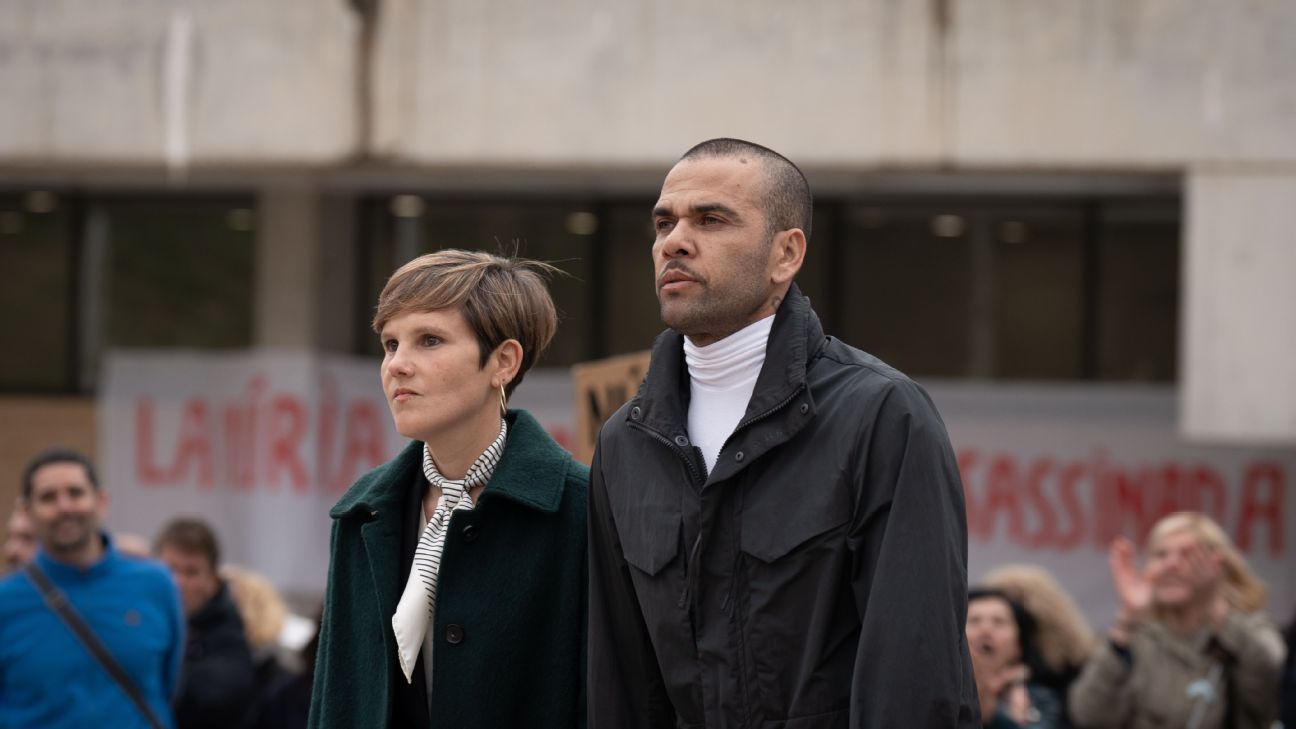The tape sat unremarkably on a shelf behind the counter, collecting dust for five, maybe 10 years — so much time that Rob Frith says he lost track.
Frith, 69, could not seem to recall how it had found its way to Neptoon Records, his store in Vancouver, British Columbia, which in its 44 years has become a repository for tens of thousands of vinyl records and other musical relics.
The label on the cardboard box said it was a Beatles demo tape, but, having heard enough bootleg recordings over the decades, Frith was skeptical until he enlisted a disc jockey friend, Larry Hennessey, to load it onto his vintage tape player a few weeks ago.
It was just before midnight on March 11 when they pushed play on the mystery tape. From the opening guitar riff and the intonation of a 21-year-old John Lennon, Frith said he could not believe his ears as he listened to the Beatles performing a cover of the Motown hit “Money (That’s What I Want).”
“Right away, we’re all kind of looking at each other,” Frith said. “It seems like the Beatles are in the room. That’s how clear it is.”
Frith said the tape appeared to be a professionally edited recording of the Beatles’ New Year’s Day 1962 audition for Decca Records in London, a session that notably ended with the band’s rejection.
The 15 songs — all but three of them covers — matched the group’s set list from the audition, according to Frith.
“I start Googling to see what it is,” said Doug Schober, 65, a friend and former record shop employee who listened to the tape with Frith and Hennessey. “By the third song, I say, ‘I think this is the Decca demo.’”
No one in the group dared to to declare that they had a master copy of the audition, but it seemed pretty close.
While the Beatles officially released five of the songs from the audition on the “Anthology 1” compilation in 1995, and bootleg recordings of the session have circulated over the years, those familiar with the tape say that its pristine sound quality and appearance point to its uniqueness and potential value.
“The fidelity is astounding,” Hennessey said.
The recording was on a reel-to-reel tape — not the kind that could be popped into a cassette player. To listen to it, Hennessey had to load it onto a Studer A810, a vintage tape player made in Switzerland that he said has a cultlike following among audiophiles.
As he was getting it ready, he said, he noticed something distinct about it: Between each song was a buffer of white leader tape, which is used when tapes are spliced or to create space between songs. A bootlegger would not have gone to that trouble, he said. Nor would a bootleg be free of hiss and other noise distortions that usually occur each time a copy is made of a master recording, he said.
Something else stood out. The song “September in the Rain” had six different edits, said Mr. Hennessey, who made a digital and a CD copy of the tape.
As the men began posting about their discovery on social media, clues about the provenance of the recording began to emerge.
Jack Herschorn, the former president and founder of Can-Base Records, a Vancouver label, said that a producer at Decca gave him the tape in the early 1970s and suggested that he could use it to make bootleg recordings. But he said he had qualms about doing so.
“I adored the Beatles,” Herschorn said. “I wasn’t going to do anything that was not morally correct in my mind.”
Herschorn, who now lives in Mexico, said that he put the tape into storage before leaving the record label, which later went bankrupt.
“Honestly, I hadn’t thought about that tape in 40 years,” he said. “I think there might be some unique things on it. Real fans may enjoy hearing it.”
Universal Music Group, which owns Decca Records, did not respond to requests for comment about the tape.
The record label’s rejection of the Beatles has been widely chronicled — and mocked — over the decades, with its top executive telling the band’s manager that “guitar groups are on the way out,” as George Harrison recalled in “The Beatles Anthology” book (2000).
At the time, the Beatles were still largely unknown outside their hometown, Liverpool, having honed what would become their signature sound during marathon sets at clubs in Hamburg, Germany. The band, which paid 15 pounds to make the audition tape, had yet to cement its lineup. Pete Best was still on drums; Ringo Starr would not replace him until August 1962.
Paul McCartney later said that the band’s performance during the audition was underwhelming.
“Listening to the tapes I can understand why we failed the Decca audition,” he said in the “Anthology” book. “We weren’t that good; though there were some quite interesting and original things.”
A representative for McCartney did not respond to a request for comment about the tape.
In 2012, a safety master tape of the Beatles’ Decca audition was sold at auction to a Japanese collector for £35,000, or over $56,000 at the time, The Telegraph reported. But that recording contained only 10 songs, raising questions about its provenance.
Frith said he would consider giving the tape to McCartney and was also thinking about holding a listening event for charity. Otherwise, he said, he planned to keep the tape. To think, just a month ago, he had minimal attachment to it.
“If someone had given me 20 bucks for that tape,” he said, “I probably would have sold it.”
Source link
















